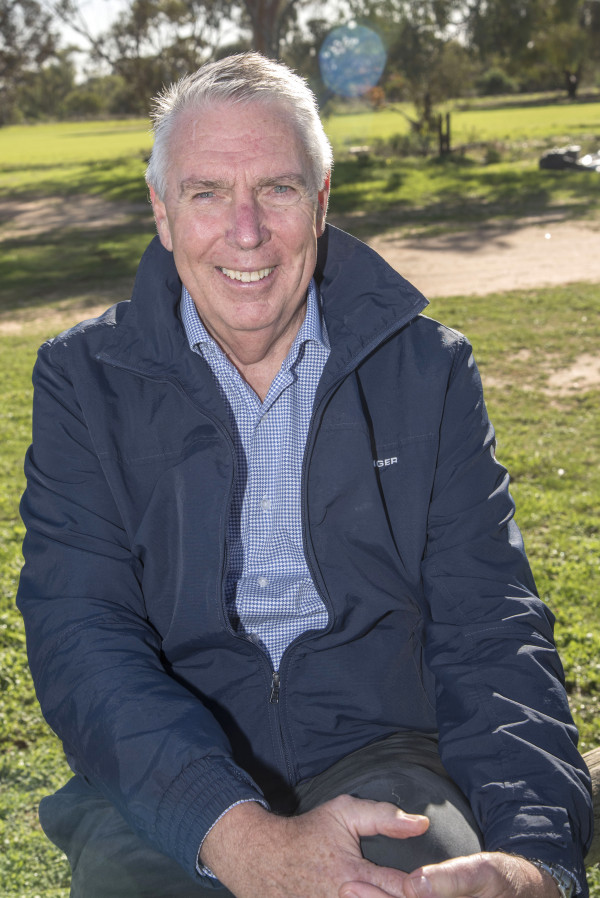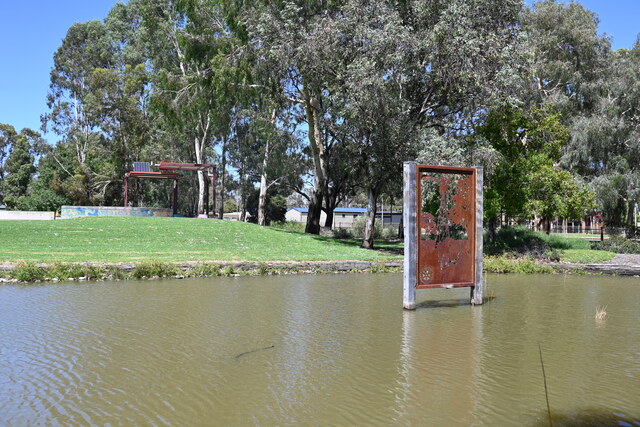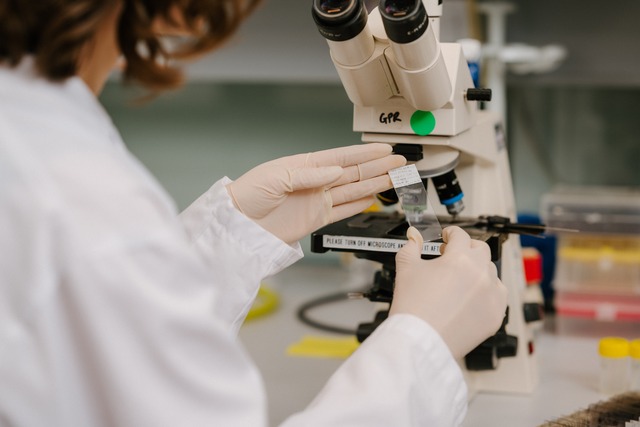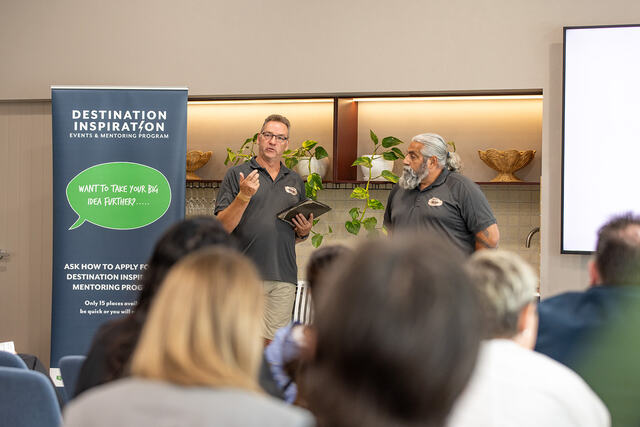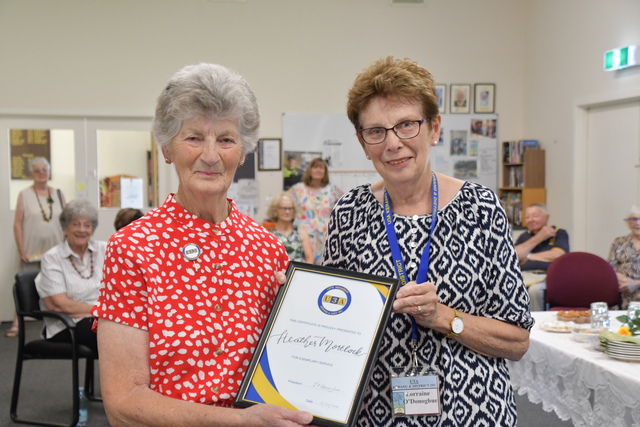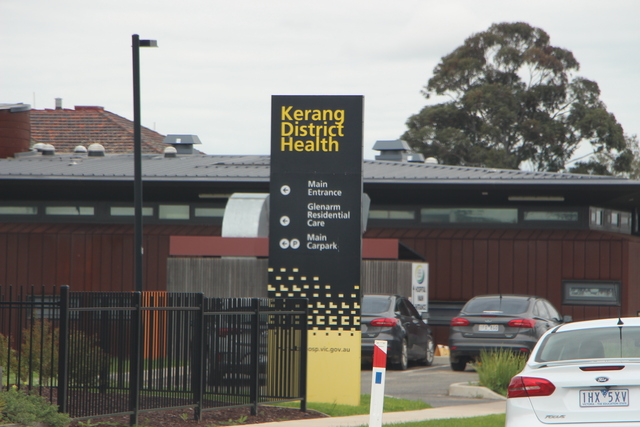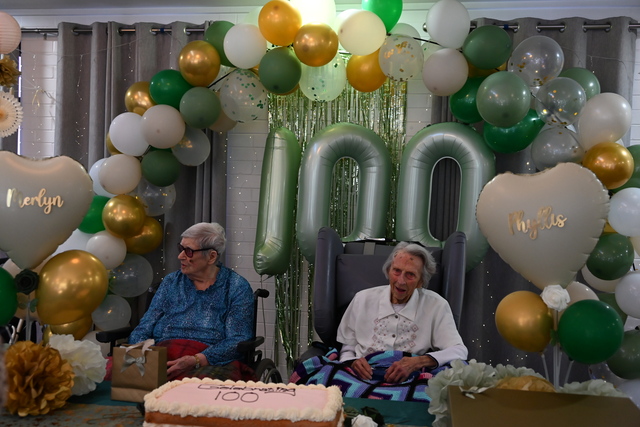MALLEE pharmacists could soon be able to dispense certain medicines without a prescription in a trial later this year.
The Drugs, Poisons and Controlled Substances Act 1981 has been amended to allow pharmacists to be legally authorised to supply, dispense and administer certain prescription medicines without a prescription.
The Bill passed in the Victorian Lower House after a Coalition-led amendment for a two-year trial period, instead of one, was blocked by the government.
It would provide access to treatment from a participating pharmacist for selected health conditions, such as minor skin infections, treatment of uncomplicated urinary tract infections and reissue of oral contraceptives for women.
It would also expand the scope of pharmacist immunisers to administer travel and other public health vaccines.
Kerang pharmacist Kin Chong said his pharmacy trialled this concept with the COVID-19 vaccinations.
“None of the doctors’ practices do vaccinations, so the pharmacies were the ones who really picked up that slack,” he said.
“I think this will absolutely help general practioners. How many times do we see patients who simply need refilling of their common script?
“I can’t speak for any other pharmacies, but for what we do in Kerang, often the doctors need to look after people in the nursing home, or in the emergency department.
“These doctors aren’t robots, they need to be able to have a rest. That’s another reason why we can’t keep GPs, because the workload is just tremendous.
“We need to have a way to be able to help them somehow.”
Mr Chong said when faced with more complex cases, pharmacists would be able to refer them.
“You get that first screening, and are able to get rid of the non-complicated ones, so the GPs can treat the people they really need to see.
“We have to make sure that we ease the burden, instead of just throwing money at the doctors, that isn’t a solution.
“At the end of the day, both doctors and pharmacists have the one aim, to ensure the health of our patient, to make our town healthy.
“We can’t make our town healthy if we don’t have anyone doing the work or when our doctors are being overworked.”
Mr Chong said he didn’t have concerns about the trial.
“It’s not like we will be able to open our doors tomorrow and just be able to do it,” he said.
“We will have to go through training, we all have to have an annual update course before we can continue to administer.
“All of us are working here from 9am to 6pm every day, so we have a very close relationship with our patients.
“We also have very close relationships with our clinics, they understand when we send someone over that it’s something we think they should really see a doctor about. Referral pathways aren’t an issue.
“If a person attends a pharmacist for a simple thing, the government doesn’t pay a cent. So you can’t tell me that won’t benefit taxpayers.”
Mr Chong said it would be a good “testing case”, to show the government and the public “that we can handle simple things and take the burden away from doctors”.
“It also helps expand the role of the pharmacist,” he said.
“Of any health professions, pharmacists are the most accessible one in a country town.
“When you look at the majority of the health profession, pharmacists are often the ones who tend to hang around.
“We are truly the ones who can have a real connection with our customers and patients.
“For me personally, here in a country town like Kerang, I think this idea is a no-brainer.”
Member for Murray Plains Peter Walsh agreed pharmacists were “an increasingly critical link in the primary health-care chain”.
“There is no question in our minds that the concerns of the GP pharmacists are very real, very valid, and they need to be listened to,” Mr Walsh said.
“Our work with those in the field, at the front line, has provided us with new, grassroots insights of the current health-care crisis facing regional Victoria.
“At a time when GPs are backed up for weeks and months, when fewer are available to help staff smaller, local hospitals, making appointments as scarce as hen’s teeth and waiting times ridiculously long, we need to include our GP pharmacists more in the system, not less, for people who don’t really need an appointment with their doctor, or take up a valuable place at emergency departments.”
The Coalition supported the concept but sought to amend the trial period.
It was likely to have the support of the cross-bench in the Upper House for the amendment to pass later this month.

